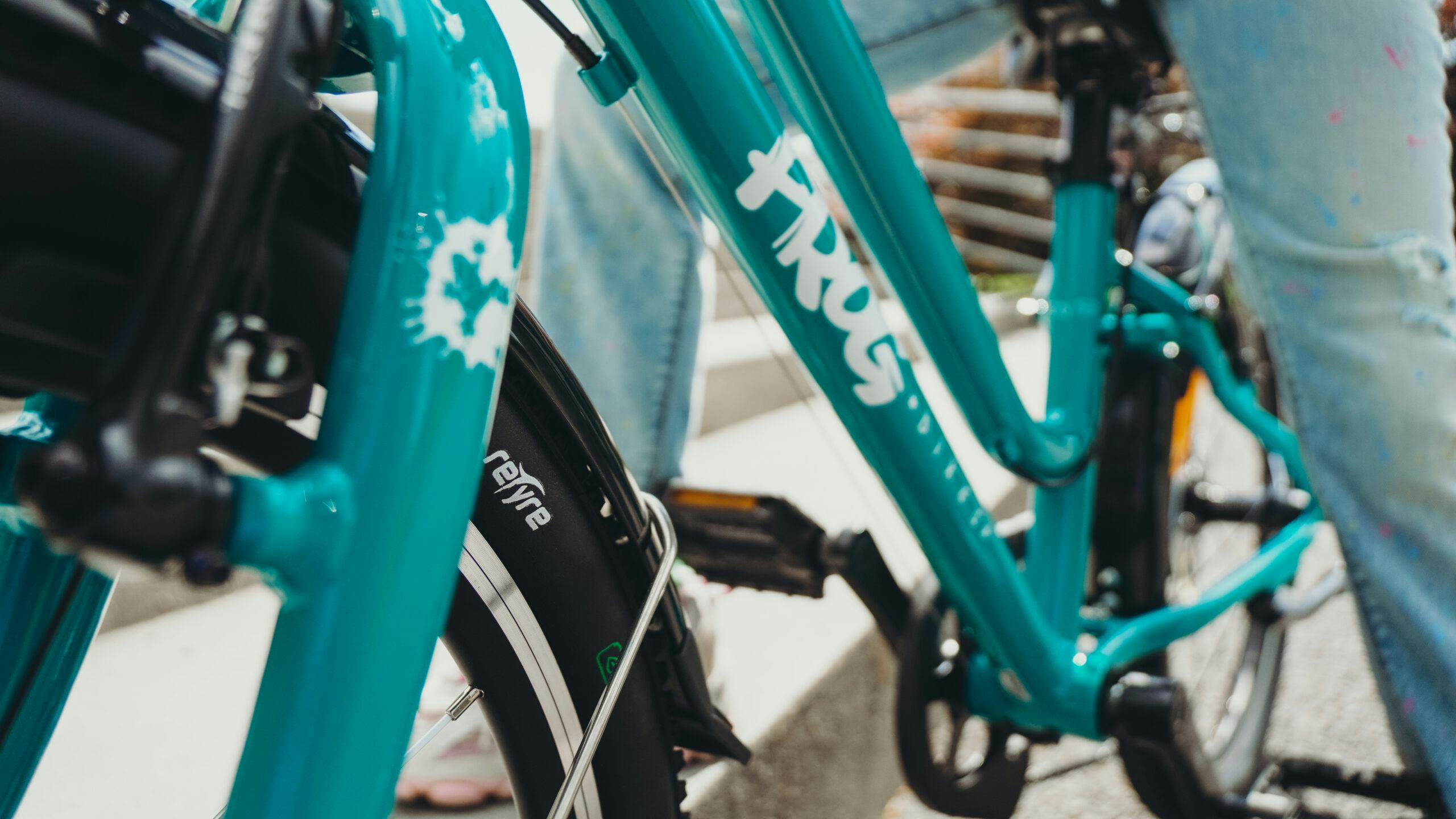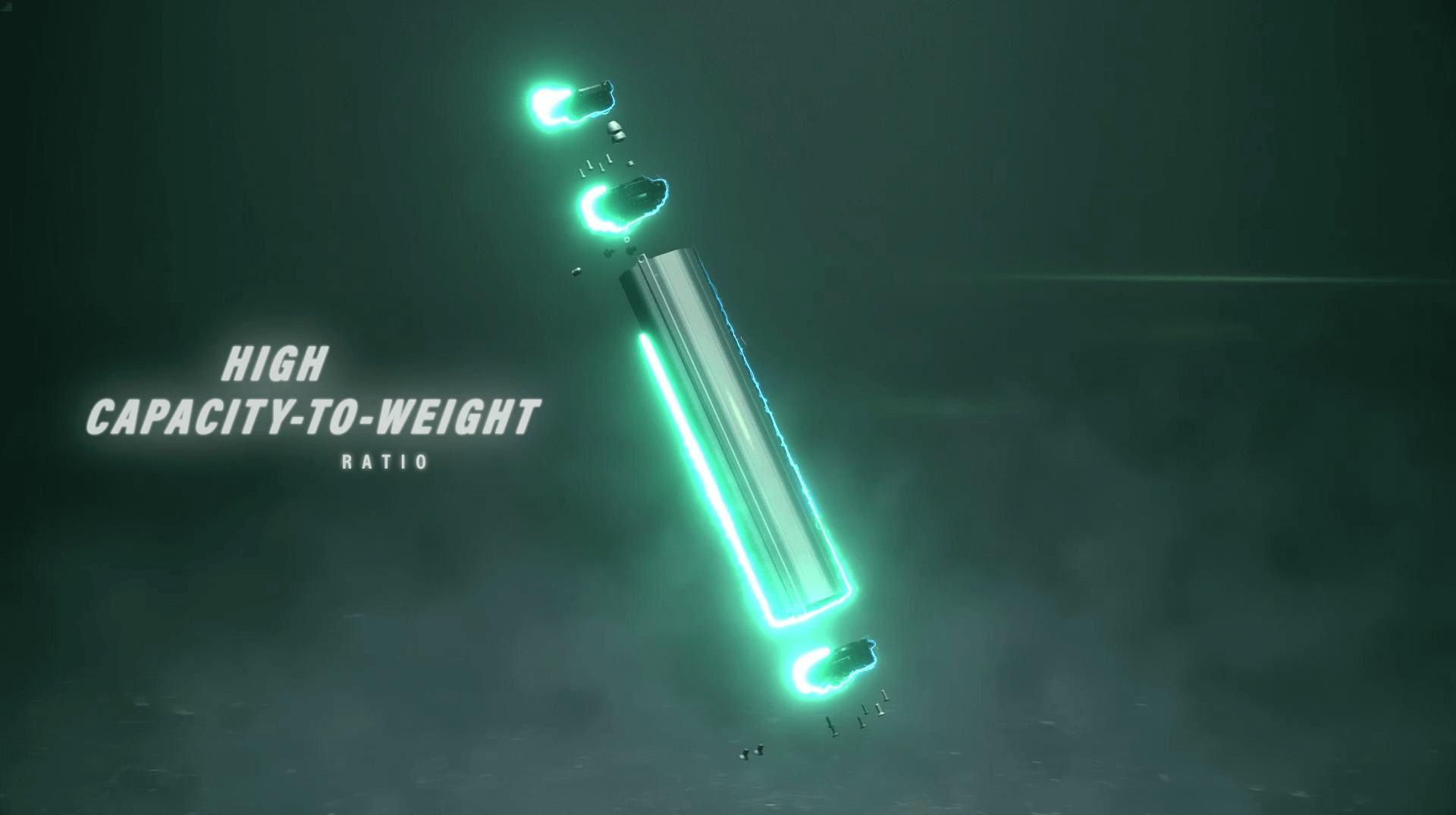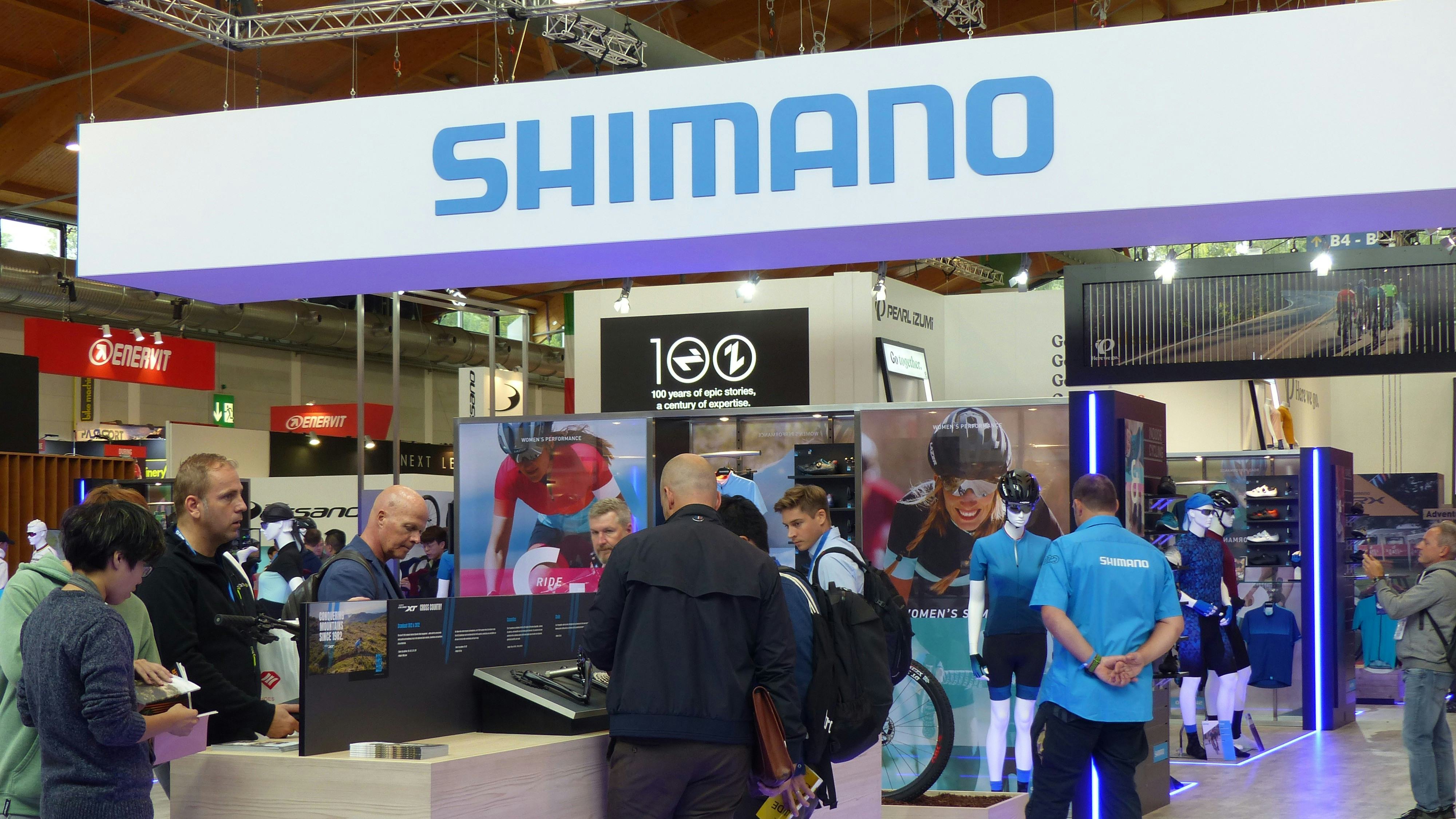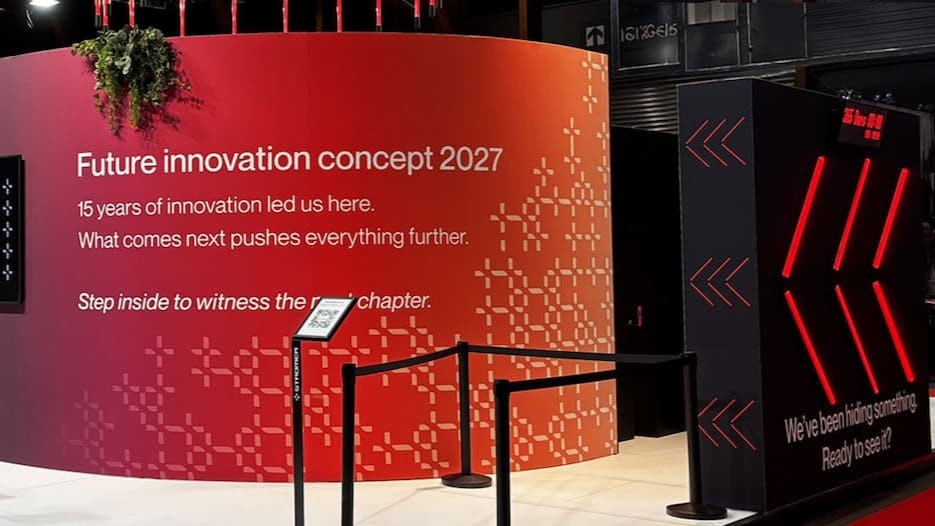Norwegian tyre brand reTyre is known for its approach to sustainable tyre manufacturing. By utilising recyclable, bio-based materials and innovative production methods, the company produces pneumatic tyres that cut emissions across raw materials, manufacturing, and end-of-life.
Commitment to environment
Jerry Lawson, Co-founder of Frog Bikes, expressed his enthusiasm about the partnership, “We are excited to collaborate with reTyre, a brand that shares our passion for innovation and sustainability. This partnership allows us to further our commitment to the environment while providing our young riders with the best possible cycling experience.”
reTyre tyres will be featured on Frog Bikes from the beginning of 2025, with a goal to achieve a full transition to 100% reTyre tyres across the full Frog Bikes range by the end of the year.
New, reusable materials
reTyre is able to replace traditional rubber in pneumatic tyres with their manufacturing innovation. “Our tyres are made with renewable and bio-based materials that do not need to be vulcanized. This means that we can easily reuse the material at end-of-life. Our verified Life Cycle Assessments show that we are then able to reduce emissions by 68-82% compared to conventional tyres”, says Ben Evans, Commercial Officer at reTyre.
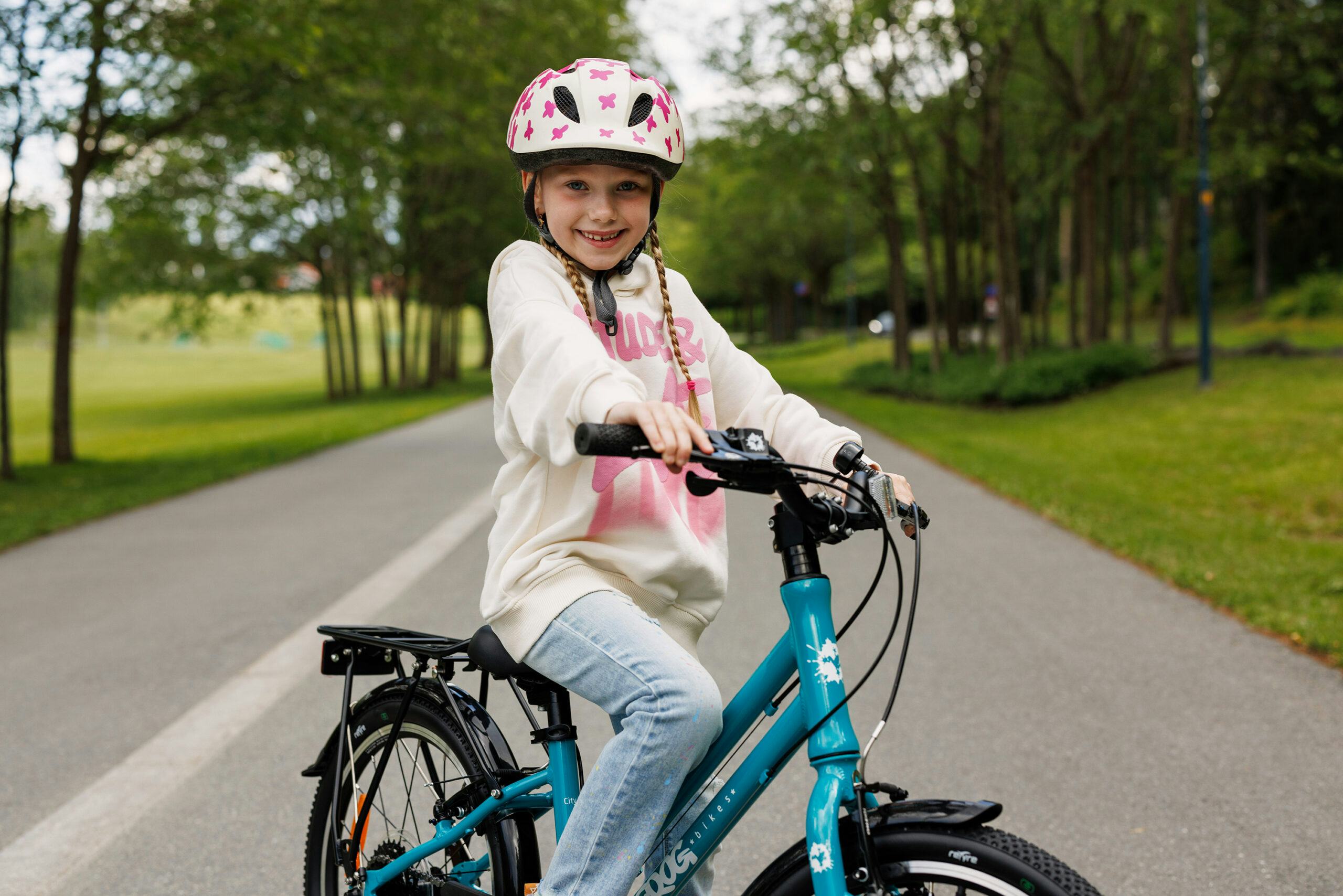
Towards Net Zero
Since embarking on their sustainability journey in 2019, Frog Bikes has cut emissions per bike by 25%. "We've achieved this by transitioning to renewable energy, redesigning our bikes to use less material, virtually eliminating plastic packaging, and moving away from air freight," explains Anna Drew, Head of Sustainability at Frog Bikes. "Exploring sustainable materials, like post-consumer recycled aluminium for our frames and partnering with retyre for lower-emitting tyres, is crucial to our commitment to halve emissions by 2030 and achieving Net Zero by 2050."
Launching at Eurobike
The brands will be showcasing their collaboration at the reTyre stand in hall 12.1 at this year's Eurobike. "We are excited to present the Frog bike equipped with sustainable tyres, alongside our full range of sustainable tyre products at this year's event," Evans concludes.
This article is sponsored by reTyre.

